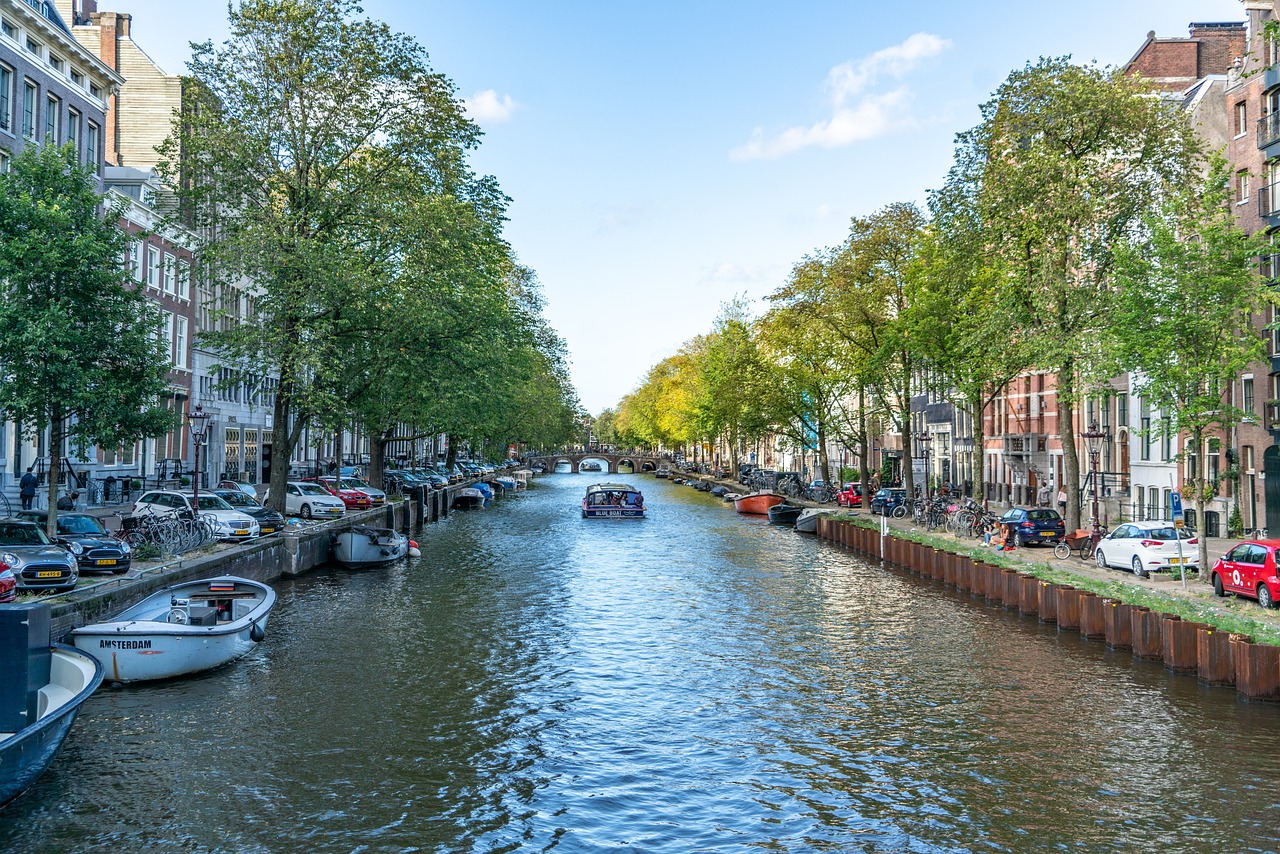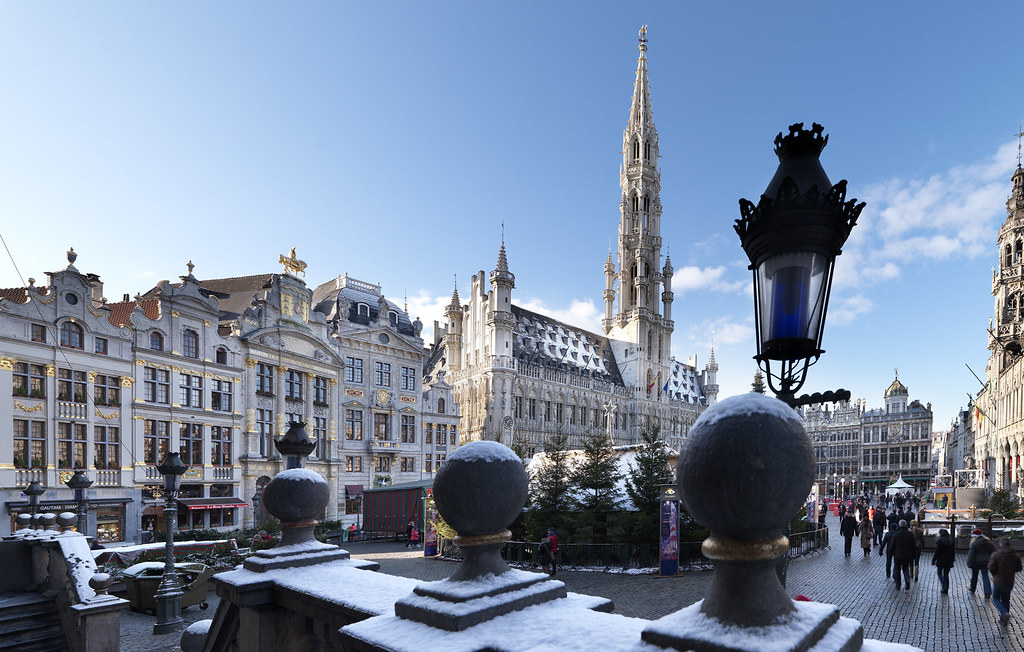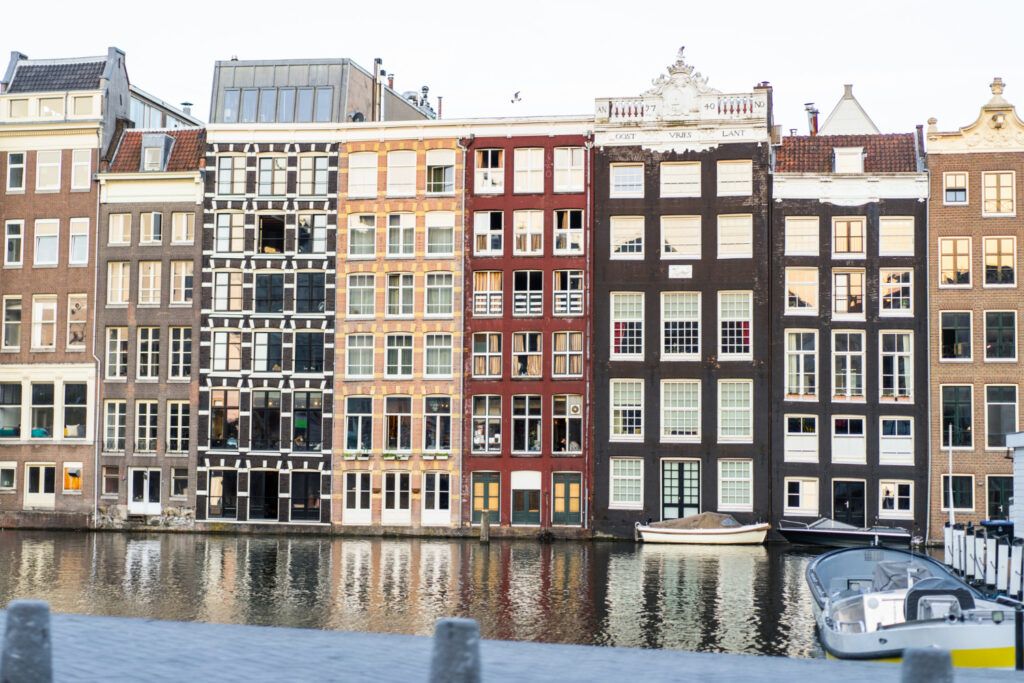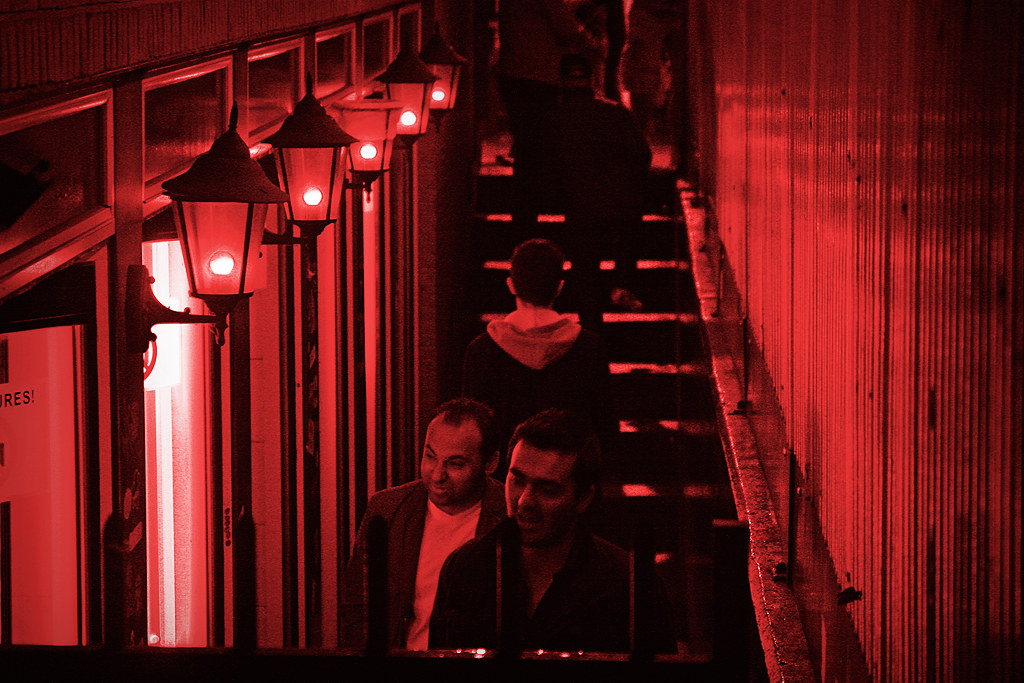The city of Amsterdam is taking decisive steps to tackle the challenges posed by over tourism by announcing an expansion and reinforcement of regulations governing hotel openings within its territory. Since 2017, Amsterdam has grappled with the adverse effects of excessive tourism, prompting officials to introduce measures aimed at maintaining the city’s livability and cultural integrity.
The latest regulation stipulates that no new hotels will be permitted to open in the Dutch capital unless an existing one ceases operations. This stringent approach underscores the city’s commitment to managing the influx of visitors and preserving its unique identity.
However, Amsterdam will see the opening of Rosewood Amsterdam this year. Situated in the former Palace of Justice, the new hotel will tower over the Prinsengracht – perhaps the most famous canal in Amsterdam. Amenities will include three restaurants and bars, a spa center, an indoor pool, and a ballroom.
Amsterdam’s official policy seeks to cap the number of hotel stays at under 20 million annually. However, recent figures revealed a significant overshoot, with last year’s total surpassing 20.6 million, excluding cruises and holiday rentals. This trend has spurred authorities to adopt a proactive “stay away” strategy, targeting tourists, particularly those inclined toward disruptive behavior.
Despite the impending ban, plans are underway to introduce 26 new hotels in Amsterdam. Tourism chief Sofyan Mbarki clarified that these developments either possess pre-existing licenses or align with local zoning regulations. Nonetheless, adherence to strict criteria is mandatory for any new hotel seeking approval. Notably, the replacement establishment must not increase the total number of sleeping accommodations and must demonstrate improvements in quality and sustainability.
The introduction of these regulations reflects a broader initiative to combat overtourism and reshape Amsterdam’s image from a party-centric destination to a refined and livable city. Authorities have embarked on a multifaceted “Stay Away” campaign aimed at dissuading rowdy tourists from inundating the city.
Efforts to mitigate overtourism include the prohibition of cruise ships and the closure of the cruise terminal, coupled with plans to reduce the number of river cruises by half over the next five years. These measures underscore Amsterdam’s proactive approach to striking a balance between tourism and preserving the city’s cultural heritage and quality of life.
As the Dutch capital charts a course toward sustainable tourism management, the reinforcement of hotel regulations stands as a testament to its commitment to fostering responsible travel and safeguarding its cherished urban landscape.









